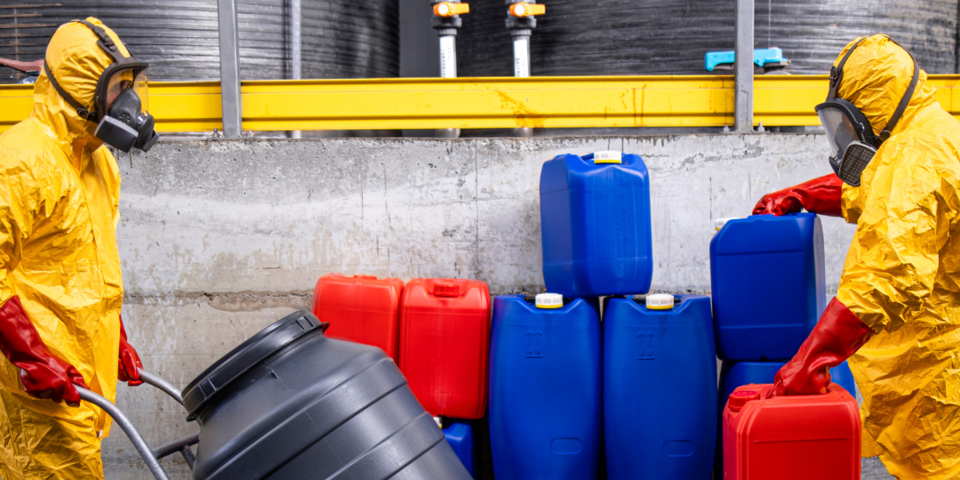 Getty Images - Smederevac
Getty Images - Smederevac EU chemicals policy
Movement on REACH and PFAS?
SK – 06/2024
The future of European chemicals policy
will be largely determined by the Chemicals Strategy for Sustainability, which
was adopted in October 2020. The elimination of per- and polyfluoroalkyl
substances (PFAS), the use of which is not essential, is one of the main
objectives of this strategy. In addition, the REACH Regulation which deals with
the registration, evaluation, authorisation and restriction of chemicals, is to
be revised as one of the cornerstones of chemicals regulation. However, the two
initiatives could not be launched as planned by the European Commission.
Permanent exemptions for essential uses of PFAS
In the case of PFAS, the European
Commission was preceded by five countries (Denmark, Germany, the Netherlands,
Sweden and Norway), which submitted their restriction proposal on PFAS to the
European Chemicals Agency (ECHA) in January 2023. This stipulates that PFAS may
only be used in areas where there are no suitable alternatives in the
foreseeable future. ECHA's Committees for Risk Assessment (RAC) and
Socio-Economic Analysis (SEAC) are currently working on their assessments,
these will be used for the European Commission's decision on the restriction of
PFAS.
As more than 10,000 substances are covered
by the restriction proposal, the review by RAC and SEAC is complex and lengthy.
Members of the European Parliament have therefore repeatedly pointed out
uncertainties for critical sectors that use PFAS in medical devices,
pharmaceuticals, renewable energies, batteries and semiconductors. The industry
has also been raising awareness for some time, as PFAS cannot be easily
replaced in some areas.
The issue was raised again this spring by
MEP Peter Liese (EPP, DE) and brought to the attention of Commission President
Ursula von der Leyen. In her reply,
she addressed the demand for permanent exemptions for essential uses and
emphasised that the European Commission is currently unable to provide legal
certainty as to which uses can be exempted from the restriction.
Hopes for the revision of the REACH Regulation
The revision of the REACH Regulation was
originally scheduled to be completed by the end of 2022, but this was then
postponed and finally removed from the European Commission's schedule. The
environment ministers for Denmark, Finland, Luxembourg and Norway have now
taken the initiative to push ahead with the revision. At the end of May, they
approached the parliamentary committees on the environment and the internal
market. In their letter, they asked MEPs for their support to ensure that the
European Commission presents a green and ambitious proposal to revise the REACH
Regulation as soon as possible after the elections. It remains to be seen if
and when the European Commission will honour their request and whether it will
be as ambitious as Denmark, Finland, Luxembourg and Norway are demanding.
